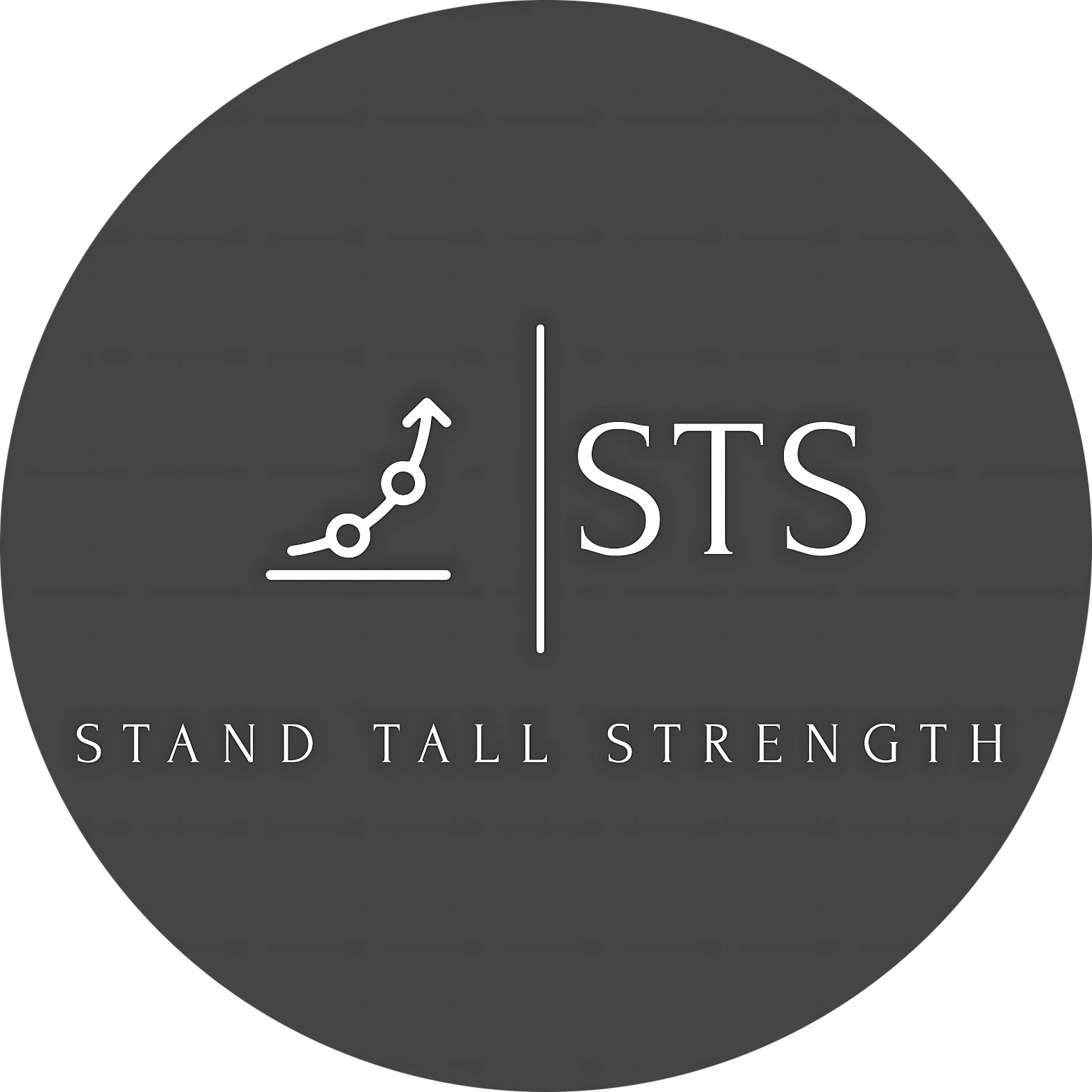Below are six considerations that affect success in training and competition:
1) Health - Health dictates the athlete’s mood toward training. An athlete must be in good overall health to fully benefit from training. Correct breathing is hard for boxers with neglected nose fractures. Chronic sinus inflammation, frequently found in swimmers, decreases the quality of exercise performed in a workout and affects recovery afterward.
2) Body Structure – The body’s size and proportions dictates what sports an individual can succeed at, as well as what techniques and tactics should be applied. The total arm length outstretched with a clenched fist determines the choice of tactics most appropriate to a boxer. The strength and flexibility of the legs and the degree of mobility in the hip joint influences what types of throws/sweeps an athlete will specialize in grappling and mixed martial arts.
3) Level of Movement Abilities – Learning the techniques and tactics of a sport, participating in progressive training and succeeding in competitions are not achievable without an acceptable level of movement abilities such as strength, speed, endurance, agility and coordination.
4) Personality Type – Some athletes favour playing in attack, others in defence. Some need a tactical plan, others perform optimally if they can improvise.
Extroverts require a lively pace of exercises, repeated changes in the types of exercises, speed, rhythm, intensity and numerous breaks. Extroverts enjoy participating in group training. When they compete, they react effectively to cheering.
Introverts need a slower pace of training. They need to repeat given exercises for a long time, correctly, without changing it regularly, and with hardly any breaks. Introverts perform optimally when exercising alone or one-on-one with the coach. During competitions, introverts need to concentrate and react poorly to lively calls to win at all costs.
5) Intelligence - athletic development depends on the intellectual abilities of the athlete.
6) Will and Motivation - Motivated athletes eventually prevail.





















